Title: Recovery: The Lost Art of Convalescence
Author: Dr Gavin Francis
Publisher: Profile Books in association with the Wellcome Collection
Reviewer: Prof Brendan Kelly
A wise GP once told me that “rest is a real thing. Good things happen when you rest, especially after an illness.” By “rest”, she meant not working, stepping back from the usual bustle, and getting engaged in something else: Reading, walking, sitting.

My GP was (of course) correct, and she is not alone in her view. The 19th Century physician William Osler said that “patients should have rest, food, fresh air, and exercise — the quadrangle of health”. Osler was one of the brightest medical minds of his generation and possibly one of the finest ever. The emphasis he placed on rest and recuperation was deliberate, appropriate and necessary.
It is especially important to articulate the importance of rest and recovery today, when finding time for convalescence is an increasing problem for many people who struggle with distraction, excessive activity, or simple difficulty tuning-out of work and social media. After an episode of illness, rest and convalescence are essential for recovery and replenishment. We neglect them at our peril.
And yet, we do neglect them. Luckily, we now have new guidance to hand in this kind, insightful book by Dr Gavin Francis, Recovery: The Lost Art of Convalescence. Published in association with the wonderful Wellcome Collection in London, this beautiful volume explores the many shapes of recovery, how to best approach it, and ways to encourage and value healing.
Francis, as many readers will know, is a GP in Edinburgh. He has worked across four continents as a surgeon, emergency physician, medical officer with the British Antarctic Survey, and GP. He is the author of Shapeshifters and the Sunday Times bestseller Adventures in Human Being, which was a BMA Book of the Year. He also writes for The Guardian, The Times, the London Review of Books, and Granta.
Francis opens his new book with a quote from George Bernard Shaw: “I enjoy convalescence. It is the part that makes the illness worthwhile.” In the text, Francis combines case studies with clinical experience and practical advice so that we, like Shaw, can make the most of convalescence and optimise our recoveries from illness. As Rachel Clarke, author of Your Life in My Hands, points out, recovery is “a wise, gentle, quietly hopeful book. Exactly what I needed this January. Beautiful words and ideas.”
I especially enjoyed Francis’s chapter about ‘The Ideal Doctor’. He points out that “doctors bring their own personalities and experience to every medical encounter”. He places particular emphasis on trust, which he describes as “the principal virtue of any therapeutic relationship”.
The book is full of ref lections such as this, looking at the impact of medical practice on treatment and recovery. As surgeon Henry Marsh points out in The New Statesman, Francis’s book “is a practical guide to recovery from illness as well as a meditation on the practice of medicine. Take a holiday, says Francis, travel if you can, read books, set yourself achievable goals, don’t compare yourself to others, allow yourself time, commune with green, living things, have a pet.”
All told, Recovery is a very useful book about a lost art: Convalescence. Francis makes a compelling case that we should devote more time, attention and respect to healing, recovery and getting back on our feet. He is right: We need to give our bodies and minds an opportunity to grow back.
This conclusion prompts another question: If convalescence is so important, why is it neglected? Why do we simply rush onwards after an episode of illness, barely pausing to take a breath, let alone take time to recover?
The most common explanation is that we are too busy, owing to endless work days, over-scheduled leisure-time, and the pressures of modern technology. As ever, we imagine that the era in which we live is significantly busier than previous ones, with no time for rest or convalescence.
But people have always felt that their generation was more stressed, more anxious and more distracted than the previous one. This is a constant feature of human nature: We believe that everything is uniquely unmanageable in our lifetimes. There is really very little evidence that this is accurate, but it is a cherished belief nonetheless.
The truth is that we have never given convalescence the attention it deserves, never sufficiently valued the body’s ability to heal, and never truly ref lected on the miracle of recovery. Osler recognised the value of convalescence, but his words survive today because they were outstanding, rather than routine, in his lifetime. Here’s hoping that Francis’s book reverses this trend and elevates convalescence to its rightful place at the heart of medical care.
Prof Brendan Kelly is Professor of Psychiatry at Trinity College Dublin and author of The Science of Happiness: The Six Principles of a Happy Life and the Seven Strategies For Achieving It (Gill Books).

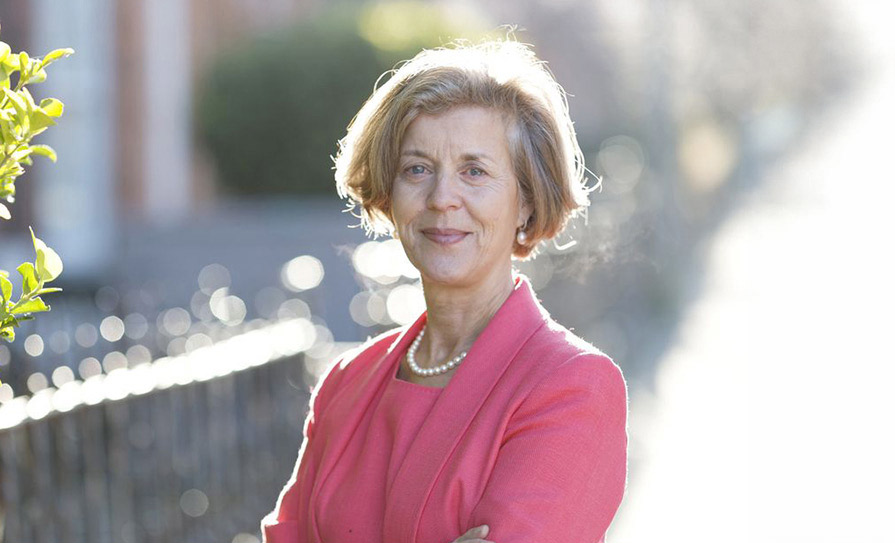
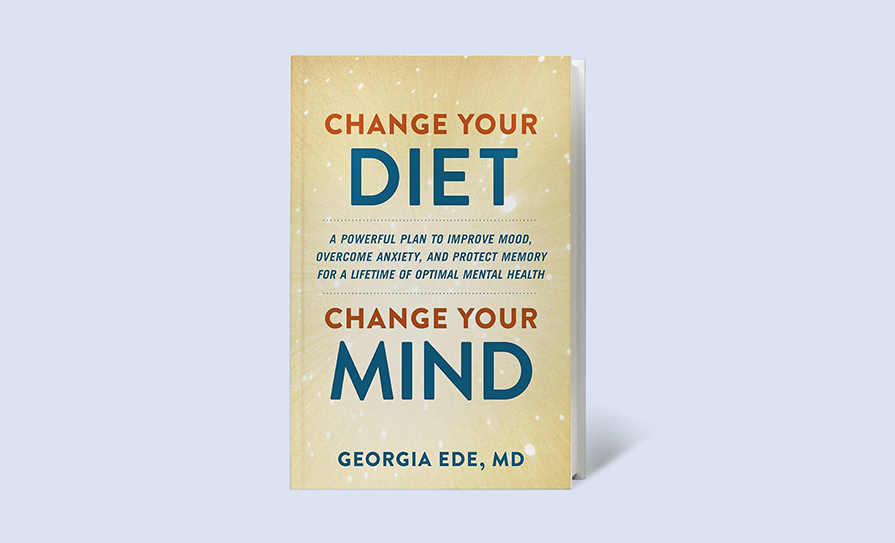
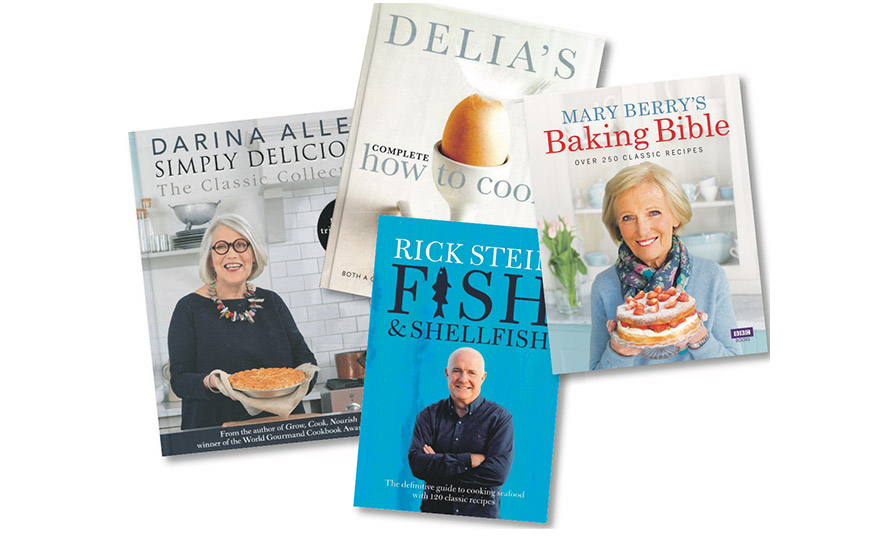
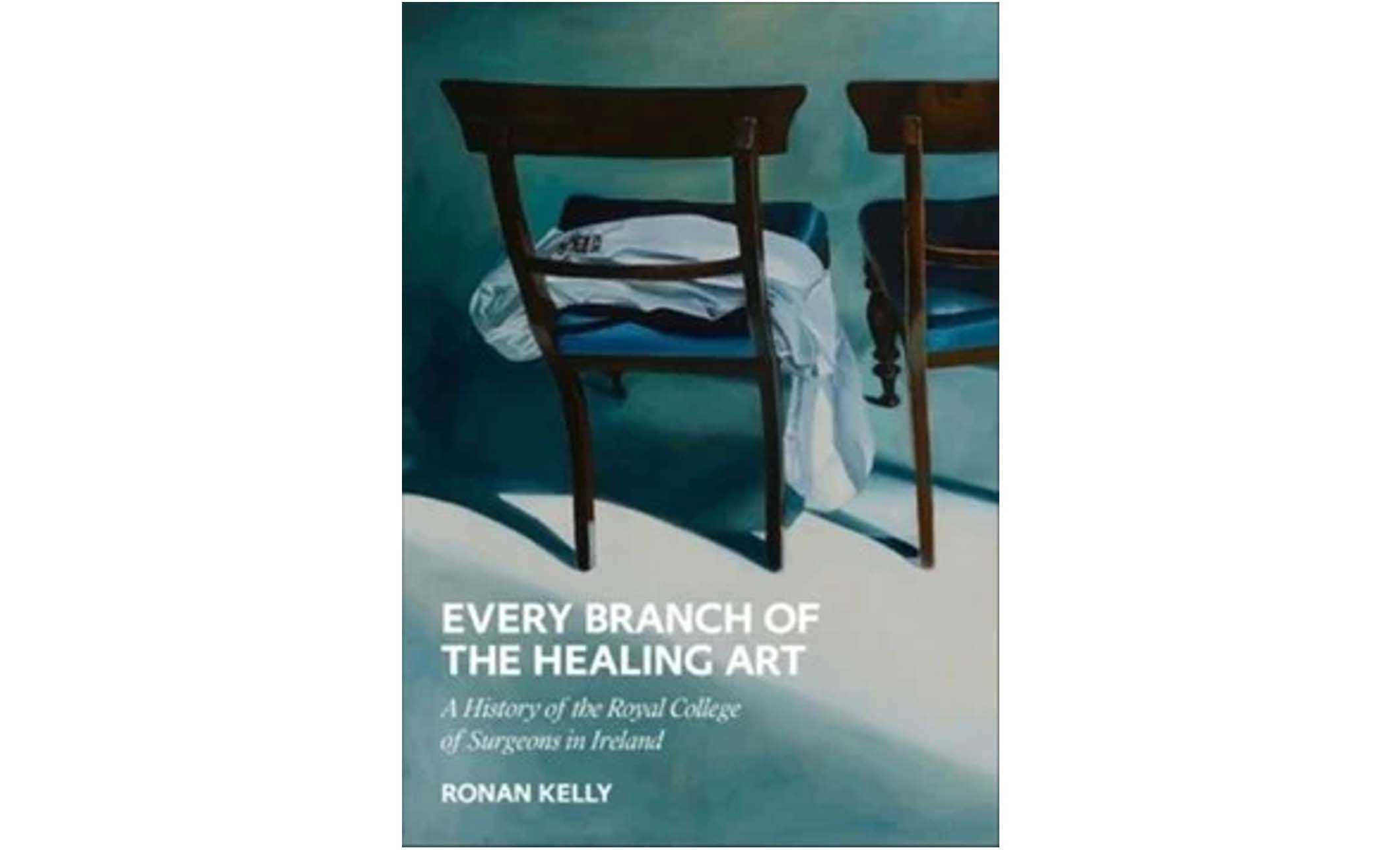
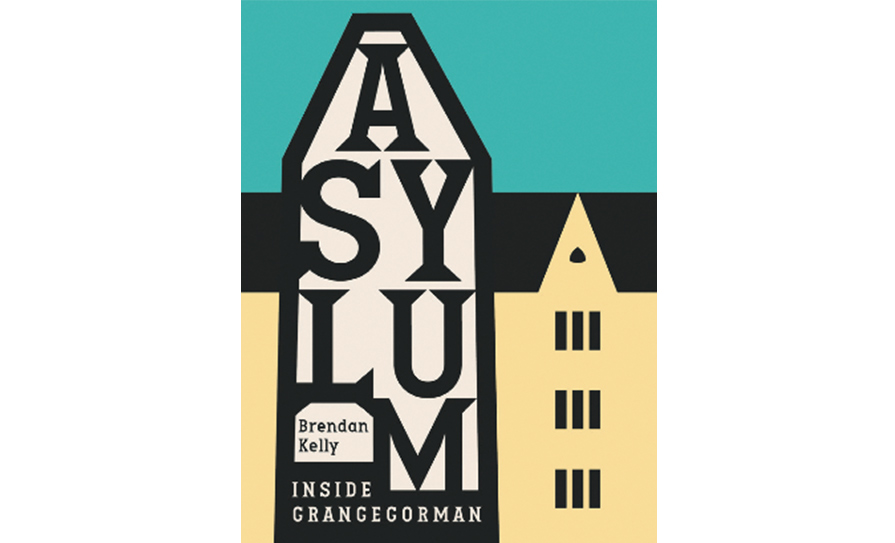

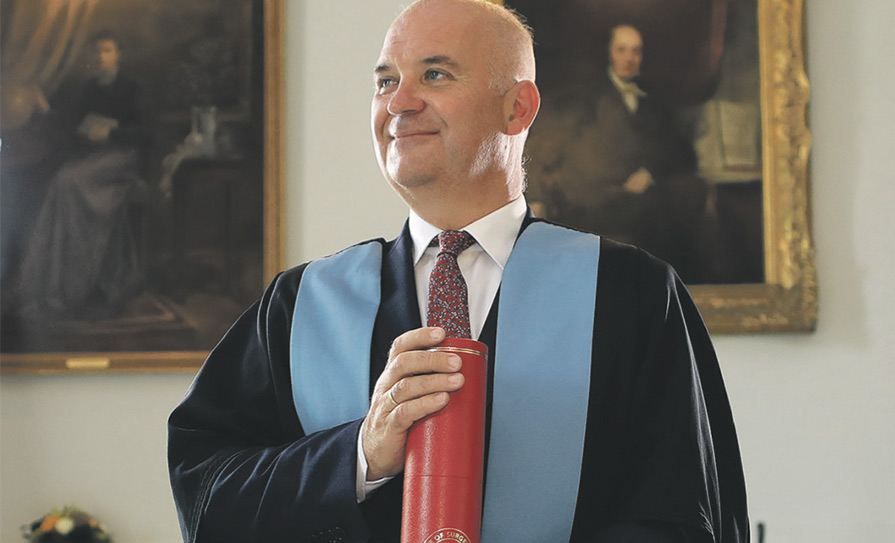





Leave a Reply
You must be logged in to post a comment.